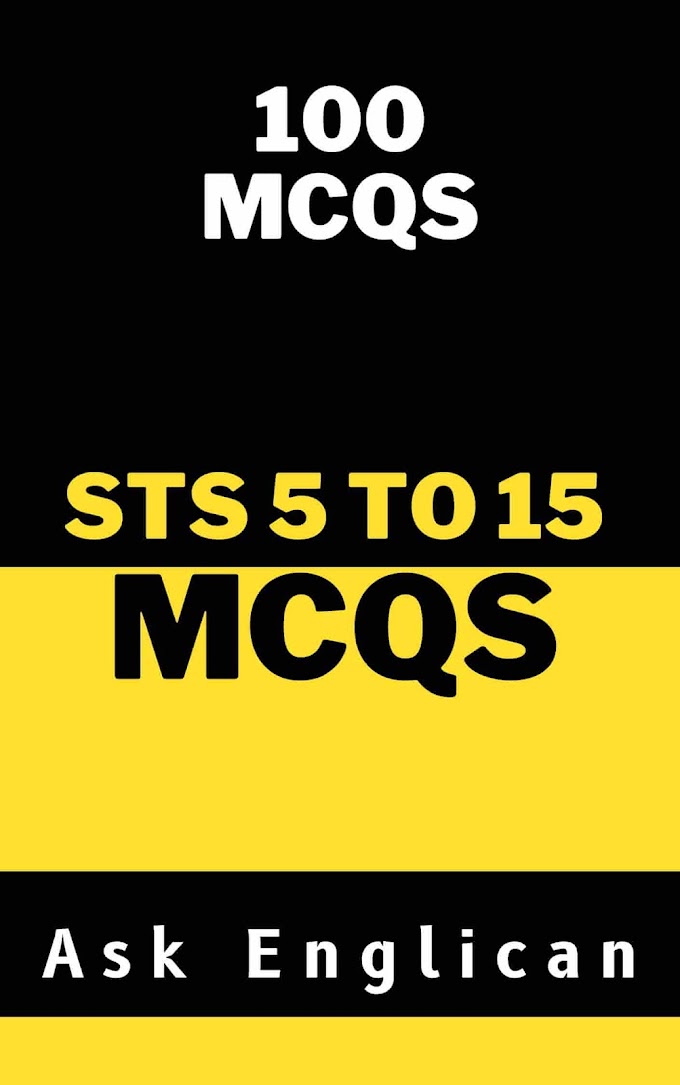Q: Dryden's Essay of Dramatic Poesy develops through dialogues amongst four interlocutors. They are:
a) Antony and Cleopatra
b) Eugenius, Crites, Neander, Lisideius
c) Cavalier Poets/Caroline Poets
d) Waller and Denham
Correct answer: b) Eugenius, Crites, Neander, Lisideius
Crites, Eugenius, Lisideius and Neander
The beginning of the narrative An Essay of Dramatic Poesy by John Dryden. There are Four gentlemen namely Crites, Eugenius, Lisideius and Neander are travelling by boat to see the battle and start a discussion on modern literature.
Crites favour classical drama i.e. the drama of Aristotle who believed that drama is an “imitation of life”. Crites holds that the drama of such ancients is successful because it depicts life. He says that both classical and neoclassical favour rules and unities (time, place and action).
Eugenius favours modern dramatists. However, he telling about the virtues of modern, he criticises the faults of Classical playwrights. According to him, Classical drama is not divided into acts and also lacks originality.
Lisideius favours French drama of the earlier 17th century. French drama led by Pierre Corneille strictly followed unities of time, pace and action. French dramatists never mix tragedy and comedy.
Neander contradicts Lisideius’ arguments favouring the superiority of French drama. He talks about the greatness of Elizabethans. For him, Elizabethans fulfil the drama’s requirement of the imitation of life.
Top repeated English Literature MCQs for commission tests in Pakistan.
- NTS (National Testing Service - Pakistan)
- PTS (Pakistan Testing Service)
- FPSC (Federal Public Service Commission)
- SPSC (Sindh Public Service Commission)
- PPSC (Punjab Public Service Commission)
- KPPSC (Khyber Pakhtunkhwa Public Service Commission)
- BPSC (Balochistan Public Service Commission)




